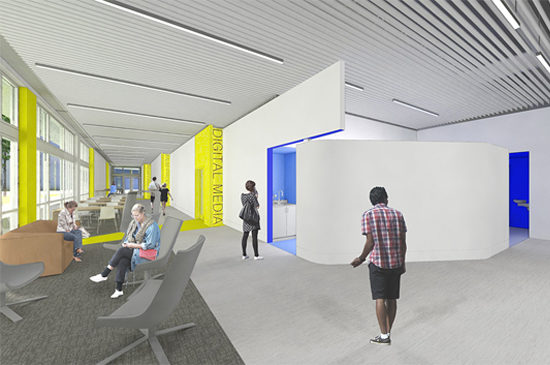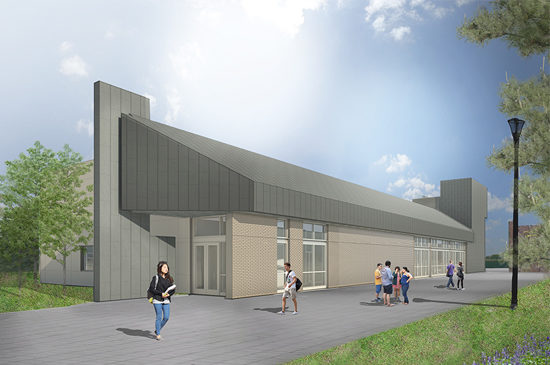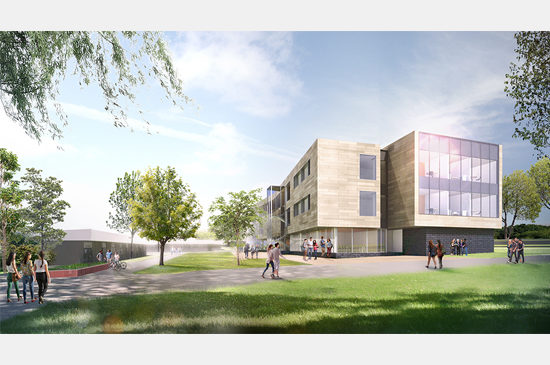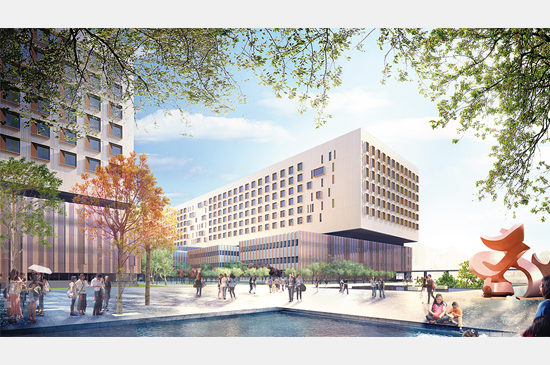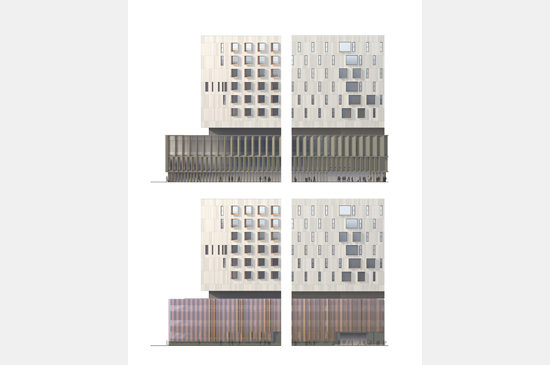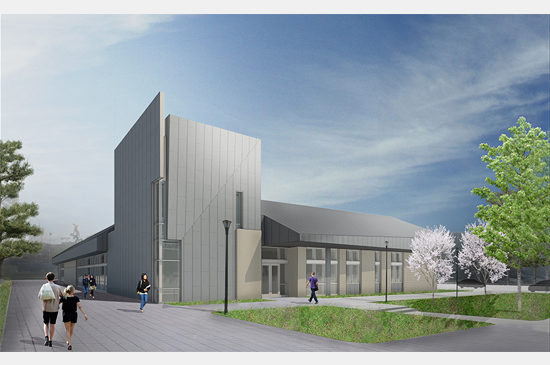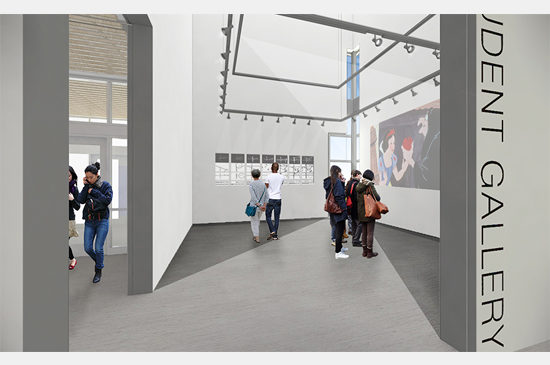James Juricevich recently joined the firm’s ranks of registered architects. Today we celebrate his accomplishments.

James started his career in Australia working on university learning facilities and residential architecture. Within these projects he focused on design delivery and complex programming across many project scales, whether a coastal house in Australia or a School of Architecture in Toronto. After joining PAYETTE in 2014, James has been a key member for the façade design team for the XiangYa Hospital in China, has worked on a new Allied Health Teaching facility at Massasoit Community College in Brockton, MA, as well as a new Neuroscience & Media Arts Center at Trinity College in Hartford, CT. Along with building projects, James has been involved in a number of smaller design exercises in the office. James received his Masters of Architecture from the University of Melbourne, Australia in 2008.
What inspires you?
From a design point of view, I’m heavily influenced by those who test the boundaries of material ability and convention. I enjoy a building that executes a clear idea perfectly but then does something absurd or sublime through unconventional thinking.
What is the best part of your job?
Being presented with a series of complex and contradictory problems and finding solutions that don’t compromise the intent of the design and the function. It’s nice piecing things together that shouldn’t work and seeing what happens.
What is the most important thing you’ve learned so far?
In an industry so heavily regulated by legal codes, construction methods and old conventions, sometimes it’s nice to do something because it looks good, or because you feel like it, and then use the aftereffects as an opportunity to be inventive. You might end up at a point not possible through conventional approaches.
The sky is the limit: if you could design or redesign anything, what would it be?
I’ve found the personal relationships formed when working with owners on their projects a remarkably rewarding experience, so having the ability to design and build a series of homes for each of my siblings and their families would give us both a better understanding of those relationships, and it would be fun designing houses with my nieces.

